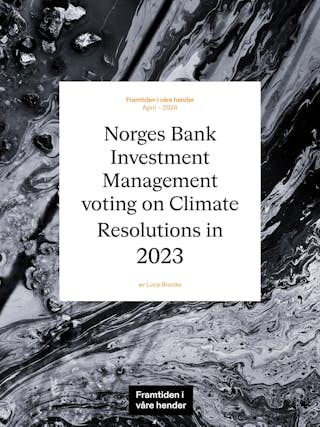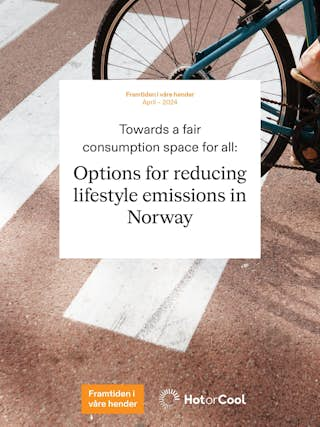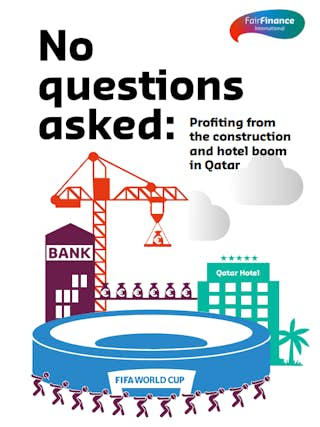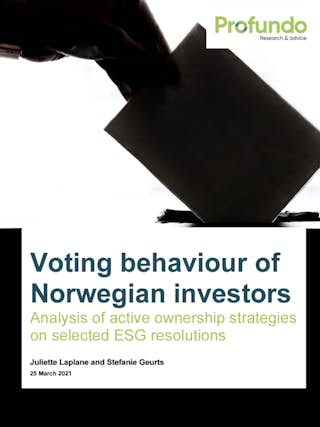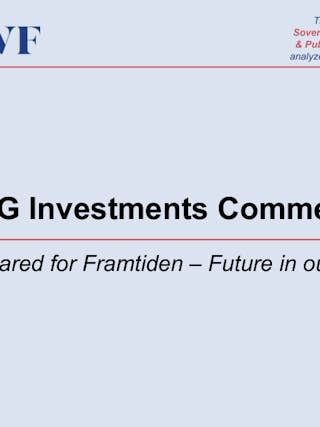Reports
A selection of our reports written in English. All available reports can be found on our Norwegian site.

2024
Norges Bank Investment Management voting on Climate Resolutions in 2023
This report examines the oil fund’s voting patterns in 2023 at 19 major company AGMs, finding that, during the first year of its Climate Action Plan the fund is falling short of expectations. Despite its own climate commitments, the fund continues to support key blocking industries (such as fossil fuels) more than its peers, revealing a gap between its stated objectives and actions.
Options for reducing lifestyle emissions in Norway
This study analyses how the lifestyles of average Norwegians impact the global climate. It assesses the country’s lifestyle carbon footprint, and how these impacts could be reduced in line with international commitments to limit global warming to well under 2 degrees Celsius (°C), aiming for 1.5°C. In contrast to the official statistics on greenhouse gas emissions, which include emissions only from domestic sources, the footprint perspective includes emissions related to imported goods.
2023
Do banks deliver on their promises?
This report investigates the strategies and the processes that banks use to implement their environmental policies. It assesses five selected Norwegian banks on a selection of practical actions, based on the best available science and standards on what is expected from responsible financial institutions.
2022
No questions asked 2022
Profiting from the construction and hotel boom in Qatar.
Banking on thin ice
This report covers the role of Nordic banks in financing the fossil fuel industry. It is based on financial research conducted by Profundo, the Netherlands based research and advice consultancy, into the investment and credit flows of 10 Nordic banks into fossil fuel companies over the period January 2016 – June 2022, as well as assessments of the fossil fuel-related policies of these banks conducted by Reclaim Finance.
2021
Voting behaviour of Norwegian investors
GPFG Investments Commentary
Investments commentary on the Government Pension Fund Global of Norway.
2018
Salmon on soy beans - deforestation and land conflict in brazil
The Norwegian salmon industry is highly dependent on soy cultivation in Brazil. This study reveals instances where soy suppliers have been found to practise illegal deforestation and use slave labour. It also presents evidence of land conflicts, irregularities in pesticide use and the advance of soy cultivation over indigenous lands. All these problems are directly or indirectly related to the soy business network that links Brazil to the Norwegian market.
